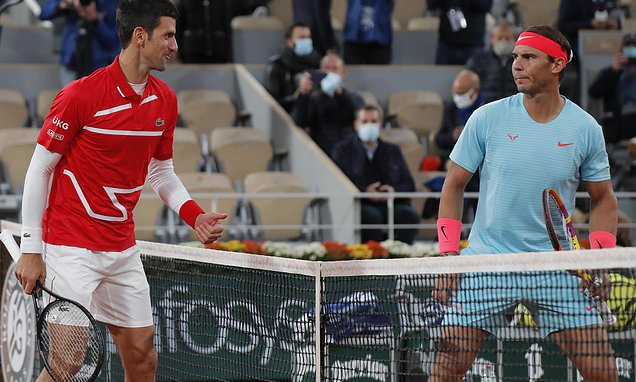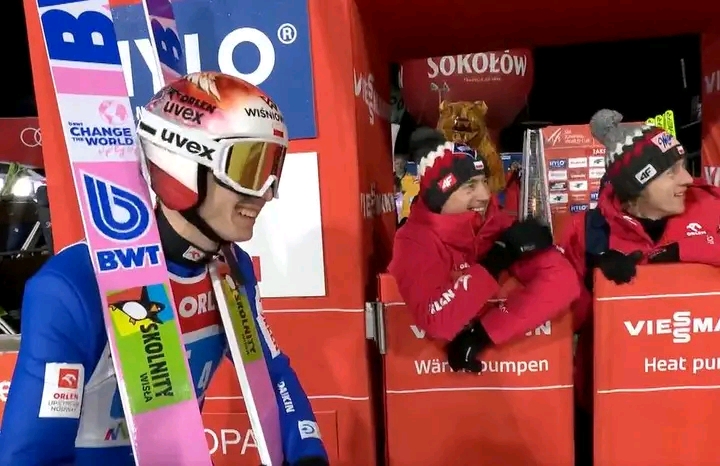Rahm’s Struggles at the Masters: A Trend or Just a Blip?
Sour Jon Rahm continues trend of limp title defences at Augusta
Rahm’s Struggles at the Masters: A Trend or Just a Blip?
Jon Rahm, the defending champion at the Masters, has found himself amidst a struggle reminiscent of a growing trend among past title-holders. Since Tiger Woods became only the third player to retain his title 22 years ago, defending champions facing challenges seems to be a recurring narrative. Rahm’s demeanor during the third round indicated a significant departure from his confident performance in the previous year. His controversial comments suggested frustration with the playing conditions, hinting at a sense of being constrained on the course.
With a disappointing five-over after a 72, Rahm found himself out of contention for this year’s Masters Sunday. A stark contrast from his dominant performance the previous year, Rahm’s performance has left him a shadow of his former self at Augusta.
Critics have pointed to Rahm’s preparation, particularly his schedule leading up to the tournament. A shift to LIV Golf last December raised eyebrows, with Rahm participating in fewer events compared to the previous year. Rahm defended his approach, emphasizing feeling physically better despite playing less. However, his performance on the course failed to reflect this confidence, with mediocre scores contributing to his struggles.
Nick Faldo, a three-time champion, voiced concerns about Rahm’s preparation, highlighting the lack of competitive challenges leading up to the Masters. Faldo’s remarks underscored the importance of rigorous preparation on demanding courses, suggesting that Rahm may have been underprepared for the tournament.
Despite the prestige associated with the Masters, the track record of defending champions in recent years has been mixed. Only a handful have managed to secure top-five finishes, with as many missed cuts as top-ten finishes. While the allure of the Champions Dinner and the traditions surrounding the event add to the mystique of the Masters, Rahm downplayed their impact on performance.
However, Rahm’s sour mood and contentious comments following Friday’s round suggested underlying frustrations. While the challenging conditions tested players, Rahm’s remarks raised questions about the tournament’s decision-making regarding playability.
As the tournament progressed, Rahm’s struggles continued, with uninspired play further denting his hopes of a successful title defense. Despite calmer conditions, Rahm failed to find his rhythm, highlighting the unpredictable nature of the sport and the challenges faced by defending champions.
In conclusion, Jon Rahm’s struggles at the Masters raise questions about the pressures and expectations placed on defending champions. While some may attribute his performance to external factors such as scheduling or playing conditions, Rahm’s experience serves as a reminder of the unpredictable nature of golf and the challenges faced by even the most talented players on the biggest stage.






